RFK National Resource Center Staff
John A. Tuell, Executive Director
Jodi Martin, Deputy Executive Director
Sorrel Lewis, Director of Operations
Independent Consultants
Christine M. Berbelis
Robert “Bob” Bermingham
Marcus Graves
Lisa Jacobs
JJ Messier
Peg Murray Robertson
Keith Snyder
Ivy Tillman
RFK National Resource Center Staff
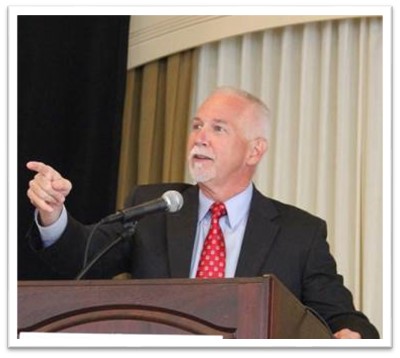
John A. Tuell, BSW, MA
Executive Director
John A. Tuell currently serves as the Executive Director for the Robert F. Kennedy National Resource Center for Juvenile Justice at RFK Community Alliance. The RFK National Resource Center focuses on practice and policy reform through an active commitment to partnerships with state, local and federal agencies dedicated to improving the lives of our nation’s youth.
Mr. Tuell has devoted his entire professional career to practice within and reform on behalf of the juvenile justice and related youth serving systems. Mr. Tuell began his career in the Fairfax County, Virginia Juvenile and Domestic Relations District Court by working as a probation officer, intake and residential group care worker, and Administrator for twenty two bed, residential facility for chronically delinquent boys, covering the period from 1979-1996. Mr. Tuell has also served in the U.S. Department of Justice within the Office of Juvenile Justice and Delinquency Prevention (1996-2001), within the Child Welfare League of America (CWLA) where he directed the newly created Juvenile Justice Division (2001-2009), and finally with RFK Community Alliance (formerly Robert F. Kennedy Children’s Action Corps) where he founded and launched the Robert F. Kennedy National Resource Center for Juvenile Justice in December 2013.
Mr. Tuell has been an author and contributing author to numerous publications that support the work of the National Resource Center’s Dual Status Youth, Probation System Reform, and Youth Justice System Reform and Enhancement initiatives. Mr. Tuell was the primary author for the Developmental Reform in Juvenile Justice: Translating the Science of Adolescent Development to Sustainable Best Practice Brief (2017) and for the newly released innovation brief entitled Keys to Youth Justice Improvement: Demonstration of Practical, Sustainable, Measurable, and Replicable Solutions (February 2023) which highlights the process, challenges, and achievement of six jurisdictions that undertook a comprehensive review of their youth justice system and implemented positive reforms to produce improved youth outcomes.
Mr. Tuell earned his Bachelor of Social Work degree from James Madison University and his Master of Arts degree in Criminal Justice from George Washington University. He is the proud father of two sons, Austin (age 33) and Zachary (age 28).
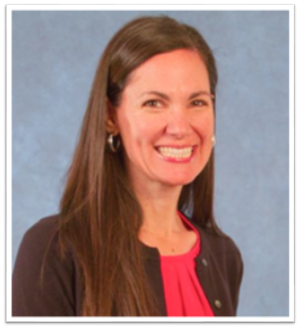
Jodi Martin
Deputy Executive Director
Jodi Martin serves as the Deputy Executive Director for the Robert F. Kennedy National Resource Center for Juvenile Justice at Robert F. Kennedy Community Alliance. In her current role, she provides consultation, technical assistance, and training to local, state, and national leaders, practitioners, and youth-serving agencies seeking to enhance system performance and improve outcomes for youth involved with the juvenile justice system. In partnership with the Executive Director, she supports development and implementation of innovative communication and outreach strategies to grow the National Resource Center’s positive impact on youth in state and local jurisdictions across the country.
Jodi has over 30 years of experience working in juvenile justice and child welfare systems. Prior to joining RFK, Jodi served in many different capacities within the youth justice system in Clark County, Washington. She began her career working as a Court Appointed Special Advocate (CASA) and a youth counselor in a community-based residential program. At Clark County Juvenile Court, she served as a Juvenile Probation Counselor, Program Coordinator, and Program Manager. Jodi has extensive experience reforming truancy processes, developing detention alternatives, implementing information and data sharing initiatives, and training schools, courts and community-based organizations on implementing restorative practices. In 2008, Jodi assisted in creation of the Truancy Workshop, an alternative to formal court process for status offenders in Clark County. In 2012, Jodi co-authored the Clark County Information Sharing Guide: Guidelines for Agencies Serving Youth & Families. In 2013, she assisted in development of the county’s first ever detention alternatives, the Weekend and Evening Reporting Programs and Community Support Program. Jodi has served on numerous local and statewide committees and is currently a board member for Boys and Girls Clubs of Southwest Washington. She received her bachelor’s degree in Child and Family Studies from Washington State University in 1992.
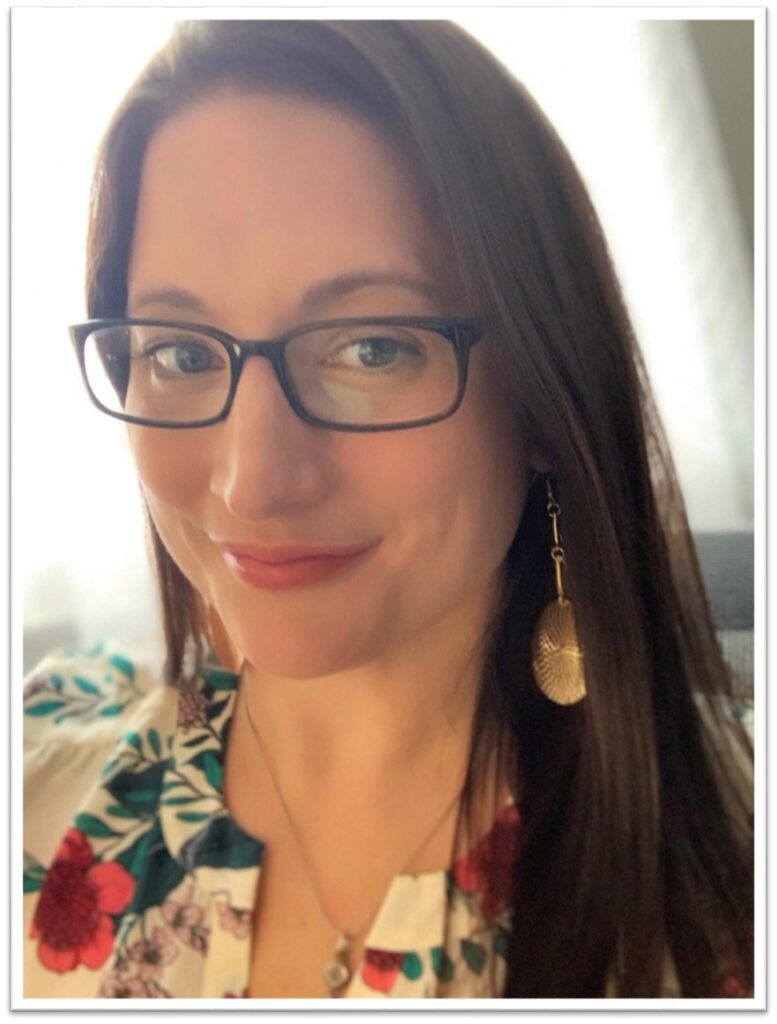
Sorrel Lewis, MA
Director of Operations
Sorrel Lewis, MA, serves as the Director of Operations for the RFK National Resource Center. In both her current position and prior role as Director of Program Administration, Sorrel has supported all aspects of the RFK National Resource Center’s work since its inception in 2013. In addition to managing the program’s operations, she also contributes toward the development of publications and resources, oversees event planning, and supports the RFK National Resource Center’s training and technical assistance initiatives.
Since 2007, Sorrel’s work has focused on improving outcomes for dual status youth and advancing child welfare and juvenile justice system reform. A decade of her career was largely dedicated toward supporting the MacArthur Foundation’s Models for Change: Systems Reform in Juvenile Justice initiative, which fostered her knowledge and professional interests. She previously served as a Program Manager to Georgetown University’s Center for Juvenile Justice Reform and as Program Coordinator of the Child Welfare League of America’s Juvenile Justice Division. In these roles, Sorrel contributed to the authorship and development of numerous publications, planned and supported various events and conferences, and served as staff lead to several networks and advisory groups, including CJJR’s Juvenile Prosecutor Leadership Network and CWLA’s National Advisory Committee on Juvenile Justice.
Sorrel earned her bachelor’s degree in Psychology from the University of Central Florida and received her Master’s degree in Forensic Psychology from Marymount University. She served as a Graduate Intern to CWLA’s Mental Health Division and assisted in the revision of assessment guidelines used by mental health and substance abuse practitioners working with children in the foster care system. As an undergraduate student, Sorrel volunteered at women’s domestic violence shelters by tutoring and mentoring children, and taught health and wellness classes.
Independent Consultants
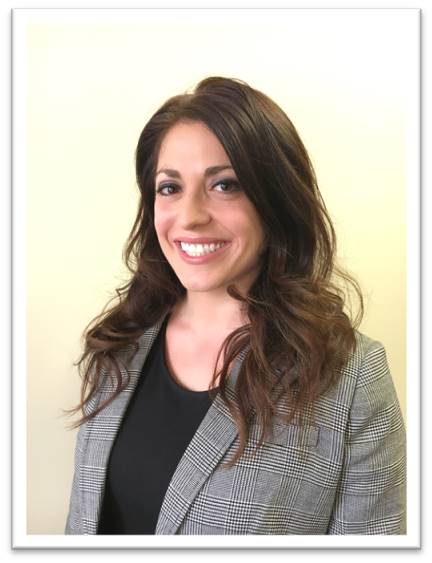
Christine M. Berbelis
Independent Consultant
Christine M. Berbelis is currently a senior attorney at Law Foundation of Silicon Valley’s Legal Advocates for Children and Youth (LACY) program, in Santa Clara County, California. LACY serves as court appointed counsel for the minors in the dependency (child welfare) system. Ms. Berbelis is the lead attorney for her team and represents young adults including teenagers and non-minor dependents who are 18-21 years old. She also serves as the Dually Involved Youth (DIY) liaison for the LACY clients involved in both the juvenile justice and dependency systems.
Ms. Berbelis has over 13 years of experience spanning different states and includes diversity of roles within the juvenile justice and dependency systems. She began her commitment to serving young people, specifically youth involved with the juvenile justice system, while interning at the Stark County, Ohio Prosecutor’s Office (Juvenile Division) while an undergraduate at The Ohio State University. This focus continued through her service as an intern with the Ohio Department of Youth Services. Ms. Berbelis pursued her law degree at the University of Akron, School of Law, and her interest in system-involved youth expanded to include the dependency system. Ms. Berbelis began volunteering as a Court Appointed Special Advocate (CASA) in Summit County, Ohio in her first year of law school and continued for over four years. The relationships she built as a CASA subsequently resulted in her appointment to a position with the Summit County Juvenile Court that included a dual role as a Judicial Researcher and Crossover Youth Practice Model Coordinator. Ms. Berbelis was first introduced to the Dual Status Youth Initiative work at the RFK National Resource Center during that period of her professional career. Ms. Berbelis gained invaluable leadership, facilitation and practical knowledge while working with local stakeholders to coordinate the development and implementation of a process that addressed the unique needs of youth known to both the dependency and juvenile justice systems through cooperative agency and family involvement.
Ms. Berbelis relocated to California and launch her professional career in the state with the CASA organization in Santa Clara County. She maintained that position for three years. Ms. Berbelis transitioned to her current position at the Law Foundation of Silicon Valley where she has remained for the past four years. Ms. Berbelis primarily works one-on-one with youth and stakeholders on the front lines. This invaluable perspective, combined with her leadership, cross-system experience, and facilitation skills, inform her work as an Independent Consultant with the RFK National Resource Center.
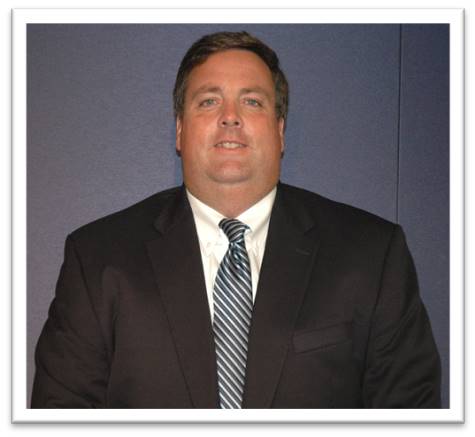
Robert “Bob” Bermingham, MPA
Independent Consultant
Bob Bermingham began his career in juvenile justice in 1986 as child care specialist in the Fairfax County Juvenile Detention Center. During the past 30 plus years Bob has served in many different capacities within the juvenile justice system in Fairfax County. He has worked in both community based residential programs and as a field probation officer. During his tenure Bob has held management positions with probation services, served as the County’s first Gang Prevention Coordinator and since 2009 has served as the Court Service Unit Director of the Commonwealth of Virginia’s largest Court Service Unit. Bob has lead the 300 person unit through significant transformation in practices to include the re-design of juvenile intake services, the implementation of assessment tools at major decision points within the system, enhanced diversion alternatives, deployment of evidence based interventions along with a focus on reducing racial and ethnic disparities and family engagement. Bob is dedicated to providing juvenile justice services that build on individual and family strengths to improve client outcomes while remaining focused on public safety and promoting equitable and effective justice. Bob has been married to his grade school sweetheart for 30 years and has four adult children.
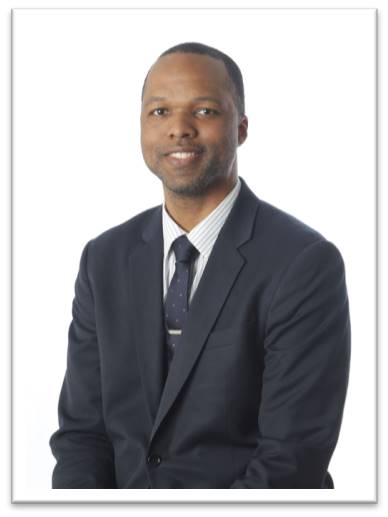
Marcus Graves
Independent Consultant
Marcus Graves currently works for Fulton County Government, located in Atlanta, Georgia and serves as a Juvenile Probation Supervisor with Fulton County Juvenile Court. In his current role he is responsible for managing the daily oversight of the CHINS/Diversion Unit. Mr. Graves is also responsible for monitoring best practices with probationary work, reviewing the use of validated risk assessments, and overseeing evidence-based approaches to sustain and promote positive outcomes.
Marcus began his career with the Georgia Department of Juvenile Justice in 2010, where he served as a Juvenile Corrections Officer and also as a Professional Education Worker at the Sumter Youth Development Campus. In 2011, Mr. Graves transitioned to the position of Juvenile Probation Parole Specialist in Columbus Georgia where he served as senior trainer and mentor, acclimating field staff to divisional operations and best practices.
In 2014, Mr. Graves became a supervisor with a Metro-Atlanta Community Court Service Office where he provided leadership and technical expertise in case management, court reporting, operational auditing, and the interpretation of community corrections policy. In 2015 Marcus transitioned to the role of Social Services Program Consultant with the Georgia Department of Juvenile Justice’s Central Office Headquarters.
As a member of the Division of Community Services Executive Team, Mr. Graves assisted and provided technical expertise with Divisional Operations for 96 Community Court Service Offices across the state of Georgia, covering 159 counties. Marcus was also a member of a Task Force Subcommittee responsible for the implementation and sustainability of Effective Practices in Community Supervision (EPICS). Under the implementation of EPICS, Mr. Graves became a Certified Lead Trainer in addition to providing oversight and management of the expansive statewide evidenced-based program.
Mr. Graves is passionate about effectively transforming the juvenile justice system and sustaining juvenile justice reforms. Mr. Graves graduated from Georgia Southwestern State University and received a B.S. in History with a minor in Psychology.

Lisa Jacobs, JD
Independent Consultant
Lisa Jacobs serves as Associate Director of the Legislation and Policy Clinic at Loyola University Chicago School of Law, where, under the supervision of Clinic faculty, students study the legislative process and participate in policy and legislative development, analysis, advocacy, and implementation. She serves as an affiliated faculty member with Loyola’s Center for Criminal Justice Research, Policy and Practice, which seeks to advance fair, humane, and effective criminal and juvenile justice policy and practice. Lisa also provides subject matter expertise and technical assistance to jurisdictions working to improve the outcomes of youth and young adults “dually involved” in child welfare and juvenile justice systems, in collaboration with the Robert F. Kennedy National Resource Center for Juvenile Justice. Previously, she served as Program Manager for the Illinois Models for Change Initiative, which was funded by the John D. and Catherine T. MacArthur Foundation to promote effective juvenile justice policy, practice, and programming in diverse jurisdictions across the state and nation. Before coming to Loyola, Lisa was Director of Judicial Education for the Illinois Supreme Court, with the Administrative Office of the Illinois Courts. During her tenure with the AOIC, she assisted in implementing the Supreme Court’s Evidence-Based Practice initiatives in criminal and juvenile cases.
Lisa serves as Vice Chair of the Illinois Juvenile Justice Commission, which is charged with advising the Governor, General Assembly, and other stakeholders on matters of juvenile justice law and policy. She also serves on the Board of Directors for the Illinois Collaboration on Youth, which champions the safety, health, and success of Illinois’ children, youth, and families by acting as a policy advocate and by connecting and strengthening the organizations that serve them. She is also a member of the Illinois Court Improvement Project Advisory Committee, convened by the Illinois Supreme Court to promote the continuous quality improvement of court proceedings in child welfare proceedings and is a member of the Illinois Supreme Court Committee on Juvenile Courts. In January 2024, Lisa was appointed by the Illinois Supreme Court to the Illinois Judicial Conference, which is convened pursuant to the Illinois Constitution “to consider the work of the courts, to suggest improvements in the administration of justice, and to make recommendations for the improvement of the courts.”

JJ Messier
Independent Consultant
JJ Messier began her career as an elementary school teacher in Chicago, Illinois. It was there she came to understand the disparities and inequities that many endure and the importance of working diligently for fairness and equality. Her career as an educator developed a passion in her that led to various roles in community organizations. She currently serves on the Illinois Dual Status Youth Initiative on the Resources and Practices Committee, as well as her local school district’s Diversity Advisory Committee, where she has served for the last 7 years. JJ also serves as a CASA (Court Appointed Special Advocate) in DuPage County for the past 8 years, and plans to continue in that capacity. To better serve her young clients as a CASA, she sought out additional resources for learning and understanding more about the unique needs of Dually Involved Youths, which led her to an RFK National Resource Center for Juvenile Justice symposium. JJ plans to use her experience advocating for youths who have encountered both the child welfare system and youth justice system, to further the RFK National Resource Center’s mission of transforming how youth justice is implemented throughout the country.
Her main focus as an Independent Consultant for the RFK National Resource Center will be as a liaison between the RFK NRC and James Madison University’s newly created Innovation Center for Youth Justice (ICYJ). In this role, JJ will bring her knowledge in education, child welfare, and juvenile justice to ensure that the next generation of social workers with a passion for this work, have all the tools and understanding they’ll need to hit the ground running. Her main responsibilities will include curriculum development for the Transformation of Youth Justice concentration at JMU which will be informed by the extensive work of the National Resource Center. Additionally, JJ will assist in the planning and coordination of the events and activities related to the ICYJ.
JJ completed her Bachelor of Arts degree in Interdisciplinary Studies at the University of Northern Colorado in 2004 and is currently in the process of earning her Master’s degree in Social Work with a concentration in Leadership and Social Change from the University of Illinois. She resides in the western suburbs of Chicago with her husband of 20 years, Matt, and their four children, Ben, Harper, Cameron, and Ellis.
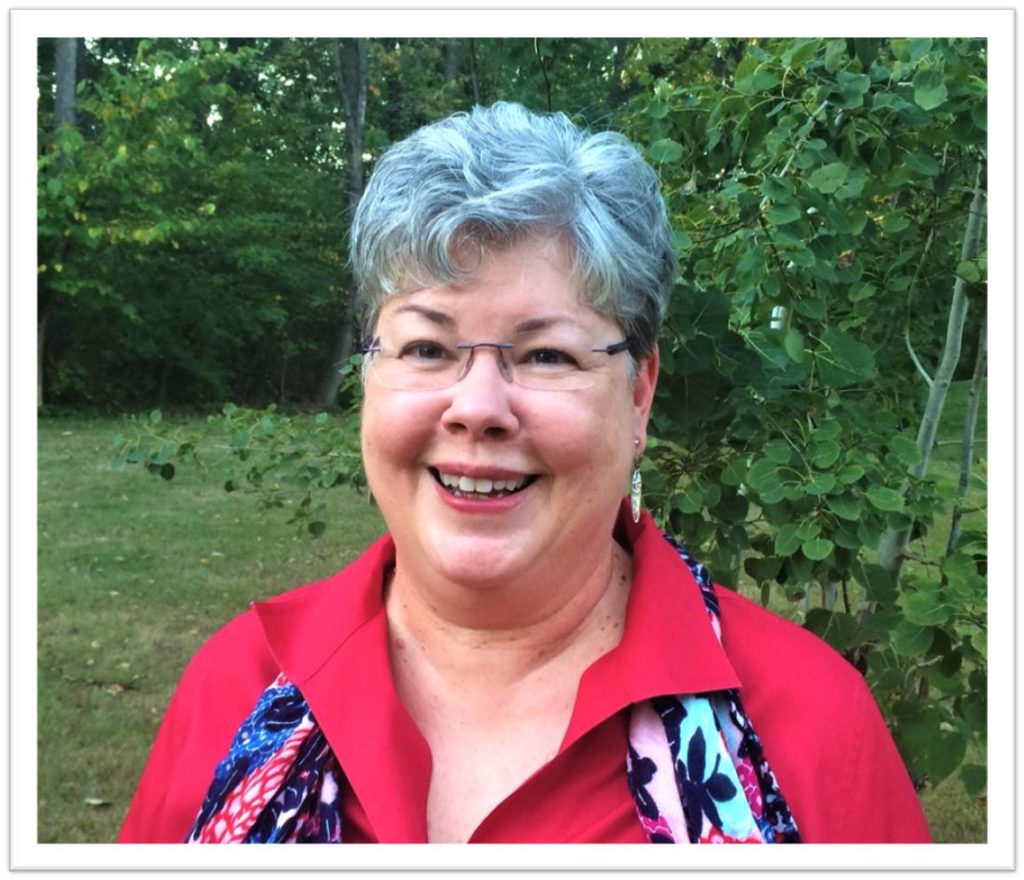
Peg Murray Robertson
Independent Consultant
Peg Robertson has over thirty-five years of juvenile justice experience at both the state and local government level in Illinois. She began her career in direct service with youth on probation and in juvenile detention and served as a program supervisor and assistant director of detention operations for Sangamon County.
As the juvenile program coordinator for the Administrative Office of the Illinois Courts (AOIC), Peg was instrumental in development of the first risk assessment and supervision standards for Illinois juvenile probation cases, and later responsible for implementation of the current assessment and case management protocols involving the Youth Assessment and Screening Inventory (YASI). She was responsible for the development and implementation of standards related to juvenile detention screening, and coordinated numerous projects related to the improvement of services for youth in custody.
Peg has extensive experience in planning, delivery, and evaluation of training for community corrections professionals, particularly in the areas of evidence-based practices and organizational development. At the time of her retirement from the AOIC, she was serving as the training manager for the Division of Probation Services as well as the Juvenile Program Manager.
Peg has continued her work in juvenile justice as an independent consultant. She continues to be committed to improving outcomes for justice-involved youth as well as their families and communities.

Keith Snyder, MA
Independent Consultant
Keith Snyder has thirty-seven years of juvenile justice experience, which began in 1980 as a county juvenile probation officer and culminated with his retirement as Executive Director of Pennsylvania’s Juvenile Court Judges’ Commission. He now serves as an independent consultant with the RFK National Resource Center for Juvenile Justice.
During his tenure with the Juvenile Court Judges’ Commission, Mr. Snyder led several successful statewide juvenile justice reform initiatives including Pennsylvania’s Mental Health/Juvenile Justice (MH/JJ) Targeted Area of Improvement in conjunction with the MacArthur Foundation’s Models for Change initiative, for which he received the MacArthur Foundation’s Champion for Change Award in recognition of his efforts in this area. The initiative yielded many accomplishments, including: the passage of Act 109 of 2008 which provides children with self-incrimination protections for statements made during screening, assessment and evaluation; the creation of the Evidence-based Prevention and Intervention Support Center (EPISCenter) at Penn State University to support the proliferation of evidence-based programs throughout the state; the development of a “family guide” for parents with children involved in Pennsylvania’s juvenile justice system; and, a diversion initiative that culminated with $1.5 million in grants to support diversion programs. Mr. Snyder also served as the Coordinator of Pennsylvania’s Juvenile Justice System Enhancement Strategy (JJSES) from 2010–2014, which was designed to sustain and enhance Pennsylvania’s initiatives begun under Models for Change and to implement evidence-based practices at every stage of the juvenile justice process.
Mr. Snyder received a number of gubernatorial appointments throughout his career including appointments to the state’s Advisory Committee on Special Education and the Pennsylvania Commission on Crime and Delinquency where he served as Chair of the Juvenile Justice and Delinquency Prevention Committee’s System Enhancement Subcommittee. The Chief Justice of Pennsylvania’s Supreme Court also appointed him to its Juvenile Court Procedural Rules Committee, which serves as a rule-making advisory committee to the Court.
He has been active in professional organizations at both the state and national levels, having served as President of the Pennsylvania Association on Probation, Parole and Corrections, a member of the Probation System Reform Practice Network of RFK’s National Resource Center for Juvenile Justice, and as a Fellow with the Center for Juvenile Justice Reform at Georgetown University. He holds both bachelor and master’s degrees in Administration of Justice from Shippensburg University.
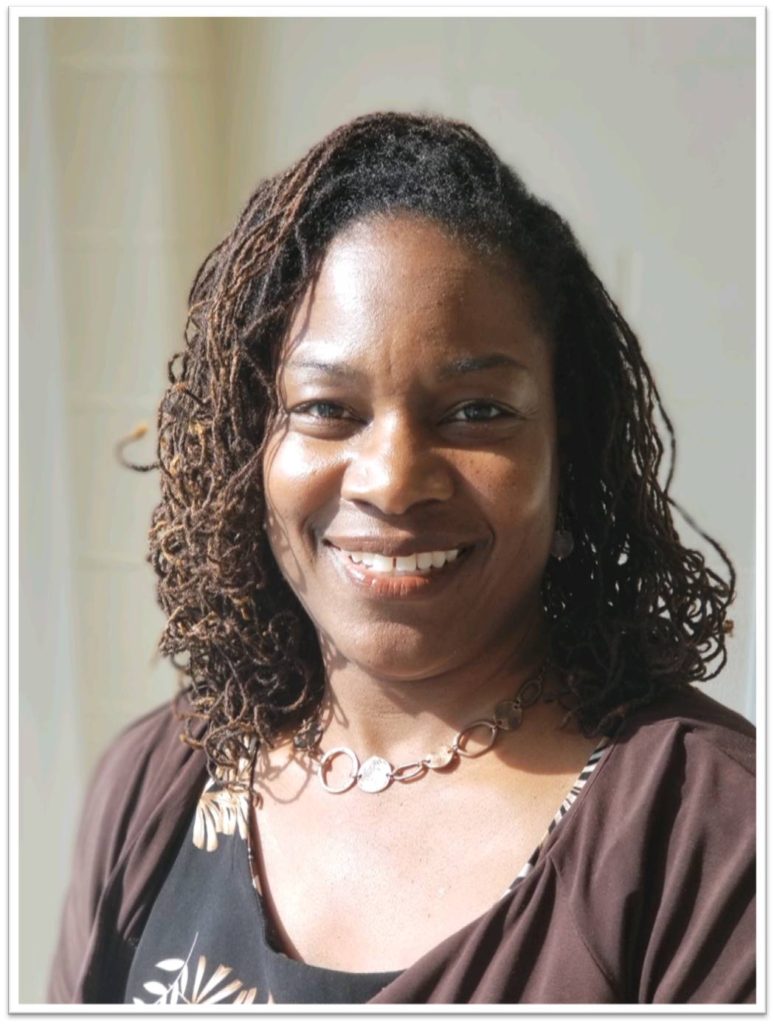
Ivy D. Tillman, LCSW
Independent Consultant
Ivy D. Tillman recently retired from the Fairfax County Juvenile Domestic Relations District Court as the Deputy Director of Residential Services. She has administrative oversight of the Juvenile Detention Center, Shelter Care, two residential treatment programs and a probation unit that serves as an alternative to incarceration. As Deputy Director, Ms. Tillman has helped to champion the efforts of Juvenile Justice Reform across the entire child service system to include the residential services within JDRDC, ensuring that staff are trained in the Risk-Need-Responsivity Model and other evidenced-based practices such as Anger Replacement Training (ART). She is also the chairman of the Court Service Unit’s Family Engagement Committee. As the Chairman, Ms. Tillman guided the committee in creation of “A Family Guide to Fairfax County Juvenile and Domestic Relations District Court. She, along with the committee, has trained the JDRDC staff in the principle and practices of family engagement.
Ms. Tillman has 27 years of varied work experiences. She has worked in and managed community based residential programs and worked as a field probation officer in the Juvenile Justice System. She has also worked as a Court Liaison and Family Intervention Resource and Engagement (F.I.R.E) social worker in the Child Welfare system and worked in the private sector as a home-based therapist.
Ms. Tillman earned her bachelor’s degree in Social Work from James Madison University and received her Master’s degree in Social Work from Virginia Commonwealth University. She obtained her clinical license in 2012. Ivy is very passionate about providing equitable services to adolescents and families in crisis.
